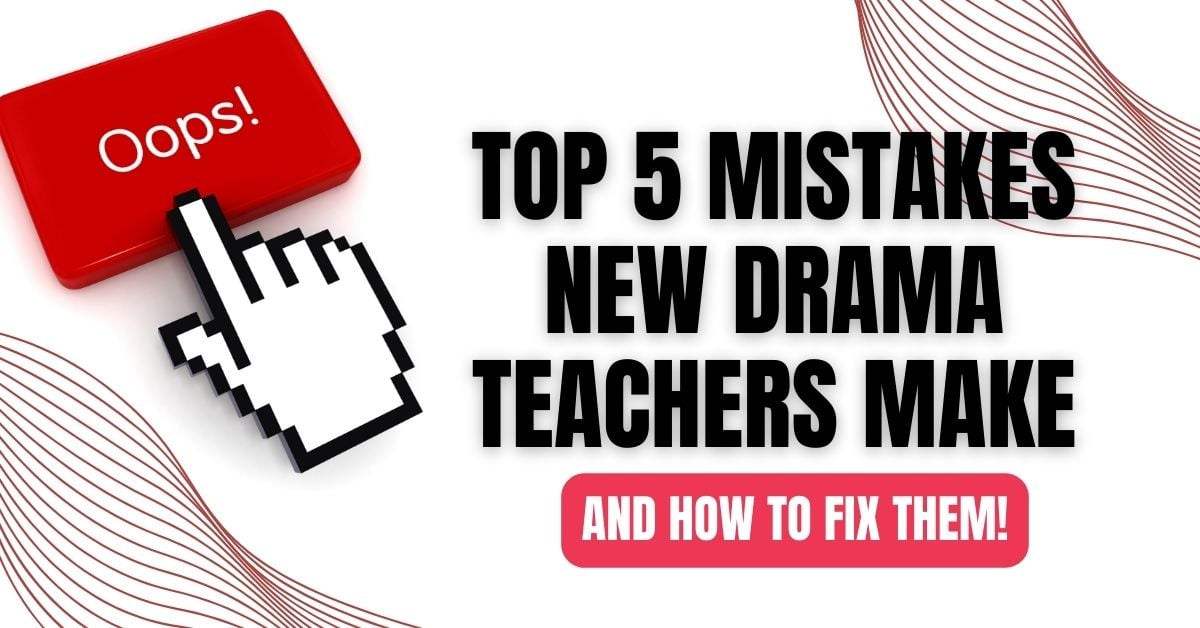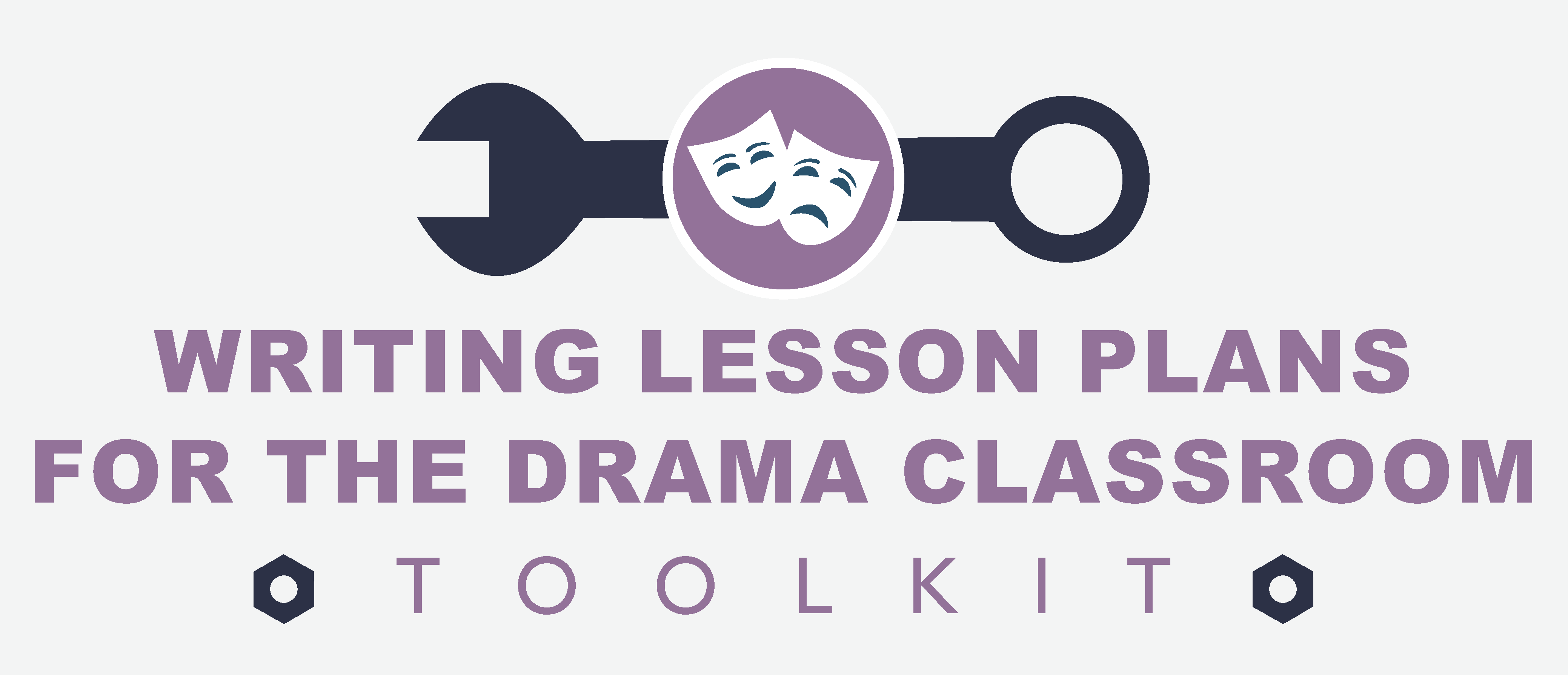Top 5 Discipline Mistakes New Teachers Make (And how to fix them!)
Welcome to Top 5! In this series we look at some of the challenges new teachers face and how to address them. Whether it is avoiding mistakes, improving planning and preparation, or advocating for your program, this information will help new Theatre teachers successfully navigate the first few years in their classroom.
Top 5 Discipline Mistakes New Teachers Make (And how to fix them!)
Classroom discipline is a challenge for many new Theatre teachers – and classroom management is even more challenging when teachers use classroom control strategies that don’t work! This top 5 list will help teachers identify and correct common discipline mistakes made by new teachers.
MISTAKE #1: Impotent Repetition
Problem: Impotent Repetition is when a teacher endlessly asks for their students attention or repeats an empty threat without consequences or follow through. The teacher says “Stop talking” or “Get to work” over and over again without any consequences. It becomes obvious to the students that the teacher doesn’t mean what they say and ignoring their authority has no consequences.
Solution: Do not make empty threats or endless requests without following through with some kind of consequence. Create an If/Then scenario and present it to the students - ie. “If you don’t stop talking then the entire class will sit in silence for 5 minutes.” - Students need to learn that your expectations will be met or there will be consequences - every time.
MISTAKE #2: Absolute Zero
Problem: This happens when a teacher tells their class to be quiet and then does not wait/require their students to actually achieve complete silence. Think of a scale from 0-10, with 10 being complete chaos and 0 being absolute silence. Unfortunately, many new teachers will settle for a quiet level of 2 or 3 when they have asked for silence. Without reaching absolute zero, students learn that “mostly quiet” is good enough. After a while “mostly quiet” becomes “sort of quiet”, which eventually devolves into “not quiet at all”. It is a slippery slope that leads to a lack of classroom control.
Solution: If you desire complete silence then require complete silence. Teach your students what Absolute Zero means and then wait for them to achieve it before you continue.
Tell your students that when you say “stop talking” or “pay attention” or “be quiet” it means “Absolute Zero” and then demonstrate what that sounds like. Most importantly, do not settle for a 2-3 or even a 1-2 when you expect silence. Demand Absolute Zero.
MISTAKE #3: Shushing
Problem: A teacher will “Shush” a student or students who are being disruptive in order to continue teaching and keep interruptions to a minimum. Unfortunately this is not an effective way to refocus students. Shushing a student is more of a speed bump than a red light. It may slow them down, but it won’t stop them.
Solution: Address the problem, warn there will be consequences for further disruptions, and follow through as warranted. This doesn’t need to be dramatic or confrontational to be effective. However, it does need to be addressed in a straightforward manner.
MISTAKE #4: Turning a Blind Eye
Problem: Ignoring minor infractions. Sometimes it is just easier not to see a problem in your classroom. When a teacher turns a blind eye to discipline issues in their classroom, whether for reasons of exhaustion, affection or expediency, they teach their students that the rules are flexible. This can lead to real conflict when it comes time to actually enforce rules. Students will cry foul, or favoritism, and they will not be wrong.
Solution: Consistency in rules and discipline. As exhausting as it may be to call out and address every infraction that you see in your class, it is also an investment. Once you have established your requirements for discipline, students will both expect, and respect, the rules in your classroom.
MISTAKE #5: Inconsistency
Problem: Rules, expectations and discipline are not enforced in a consistent manner. When teachers are not consistent in enforcing discipline, it leads to frustration and chaos in the classroom. A lack of consistency is at the core of a whole host of classroom management issues.
Solution: Practice consistency as a foundational component of your teaching. Set rules and expectations, determine consequences for infractions, and follow through every time rules are broken or expectations are not met. Ultimately, students appreciate and respect a teacher who is reliably consistent.
Looking for more resources for new drama teachers? Download our free New Drama Teacher Toolkit!



